Description
From Wikipedia, the free encyclopedia
Northern soul is a music and dance movement that emerged in Northern England and the Midlands in the early 1970s. It developed from the British mod scene, based on a particular style of Black American soul music with a heavy beat and fast tempo (100 bpm and above).[2][3]
The Northern soul movement generally eschews Motown or Motown-influenced music that has had significant mainstream commercial success. The recordings most prized by enthusiasts are by lesser-known artists, “rare grooves” released in limited numbers on labels such as VeeJay, Chess, Brunswick, Ric-Tic, Gordy Records, Golden World Records (Detroit), Mirwood Records(Los Angeles), Shout Records and Okeh.
Northern soul is associated with dance styles and fashions that grew out of the underground rhythm and soul scene of the late 1960s at venues such as the Twisted Wheel in Manchester. This scene and the associated dances and fashions quickly spread to other dancehalls and nightclubs like the Wigan Casino,[4] Blackpool Mecca (the Highland Room), and Golden Torch(Stoke-on-Trent).
As the favoured beat became more uptempo and frantic in the early 1970s, Northern soul dancing became more athletic, resembling the later dance styles of disco and break dancing. Featuring spins, flips, karate kicks and backdrops, club dancing styles were often inspired by the stage performances of touring American soul acts such as Little Anthony and the Imperials and Jackie Wilson.
In the late 1960s and early 1970s, popular Northern soul records generally dated from the mid-1960s. This meant that the movement was sustained (and “new” recordings added to playlists) by prominent DJs discovering rare and previously overlooked records. Later on, certain clubs and DJs began to move away from the 1960s Motown sound and began to play newer releases with a more contemporary sound.

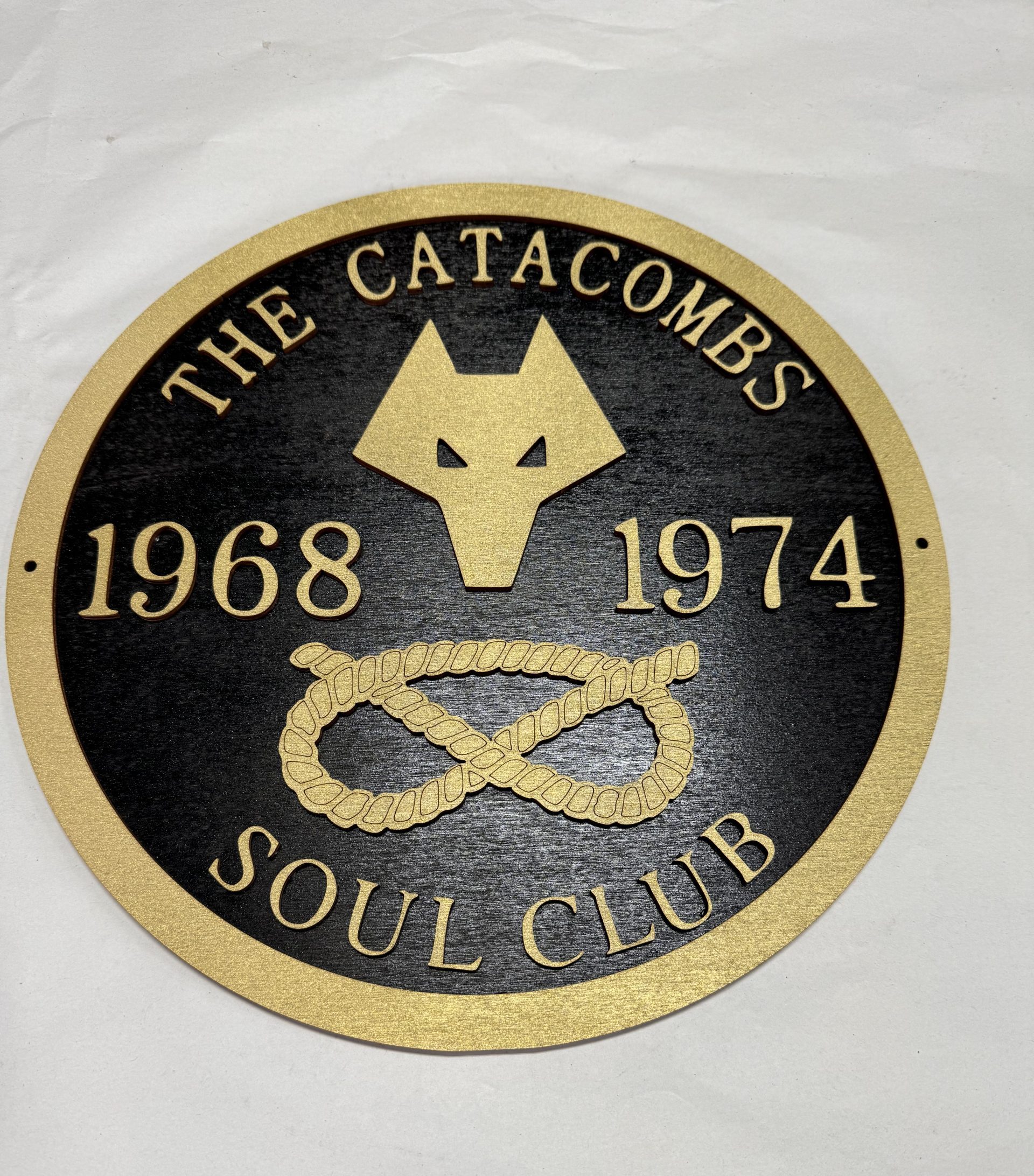

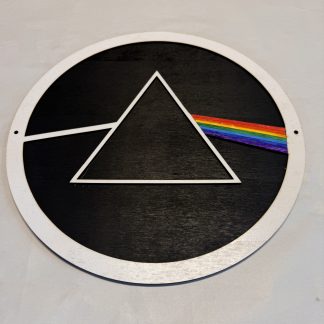
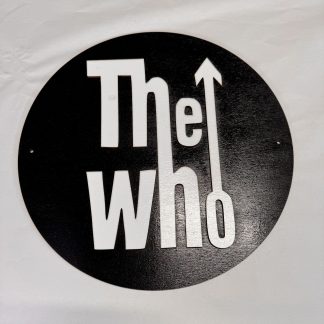
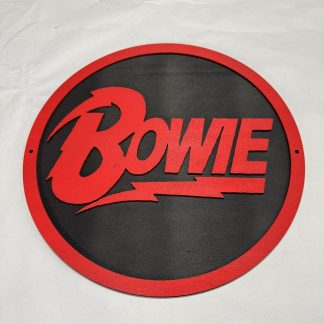
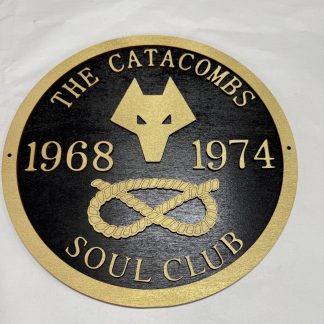
Reviews
There are no reviews yet.